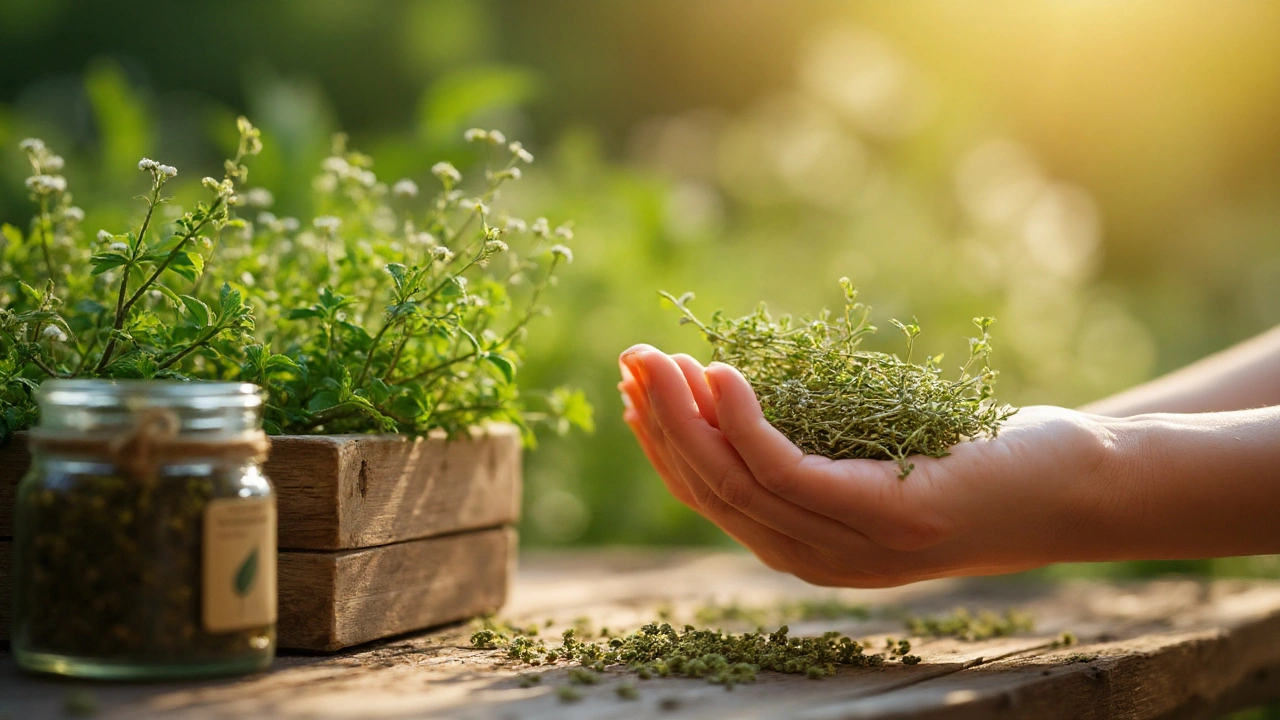Antioxidant Benefits: Simple Ways They Boost Your Health
Ever wonder why you hear about antioxidants everywhere? They’re the body’s cleanup crew, hunting down harmful molecules called free radicals. When those radicals run wild, they damage cells, speed up aging, and raise disease risk. Adding antioxidants to your diet or supplement routine lets you keep the damage in check without any fancy science.
Why Antioxidants Matter
Free radicals are natural by‑products of breathing, exercising, and even eating. In small amounts they’re fine, but too many turn into oxidative stress. That stress is linked to heart problems, joint pain, skin wrinkles, and even memory loss. Antioxidants neutralize free radicals, slowing the wear‑and‑tear process.
Research shows people who eat antioxidant‑rich foods tend to have lower inflammation markers and better cholesterol levels. The same goes for skin – antioxidants can protect against UV damage and keep the complexion looking fresh.
Easy Sources You Can Add Today
Fruit and veg are the cheapest, easiest antioxidants. Berries (blueberries, strawberries, raspberries) pack anthocyanins, while leafy greens like kale and spinach deliver lutein and vitamin C. Nuts and seeds bring vitamin E and selenium into the mix.
If you prefer a supplement, look for products with clear dosages of vitamin C, vitamin E, co‑enzyme Q10, or plant extracts like green tea catechins. For example, the Blue Flag supplement blends omega‑3s with antioxidant co‑factors that support heart health. Niacinamide (vitamin B3) is another solid choice; it helps skin barrier function and reduces inflammation.
Herbal options like scarlet pimpernel, scurvy grass, and larch arabinogalactan also supply antioxidant polyphenols and prebiotic fiber. These can be taken as teas, powders, or capsules. The key is to choose a reputable brand and stick to the recommended dose.
Don’t forget drinks: coconut water supplements not only hydrate but also provide electrolytes and antioxidants that beat many sports drinks. A glass of fresh carrot juice or a smoothie with spinach and berries gives you a quick antioxidant boost before a workout.
When adding supplements, start low and watch for any side effects. Some antioxidants, like high‑dose vitamin E, can interfere with blood thinners. If you’re on medication, check with a pharmacist or your doctor.
Lastly, lifestyle habits matter. Regular exercise, adequate sleep, and stress‑reduction techniques keep free‑radical production under control, letting the antioxidants you eat or take do their job more effectively.
Bottom line: antioxidants are cheap, natural tools for protecting your body’s cells. Load your plate with colorful produce, consider a well‑chosen supplement, and keep healthy habits. You’ll notice better energy, clearer skin, and a lower risk of chronic issues without any complex regimen.

Unlock Hedge‑Hyssop: Your Complete Guide to the Must‑Have Supplement
Aug 24, 2025 / 15 Comments
Discover what hedge‑hyssop is, its key health benefits, dosage guidelines, safety tips, and how to pick a quality supplement in this comprehensive guide.
READ MORERECENT POSTS
- Market Exclusivity Extensions: How Pharma Extends Monopolies Beyond Patents
- How Anesthesia Affects Memory and Cognition During Recovery
- Duphalac (Lactulose) vs. Other Laxatives: Detailed Comparison Guide
- How to Reduce Costs for Specialty Medications and Injectables
- Weight Loss and Sleep Apnea: How BMI Directly Impacts CPAP Pressure Needs